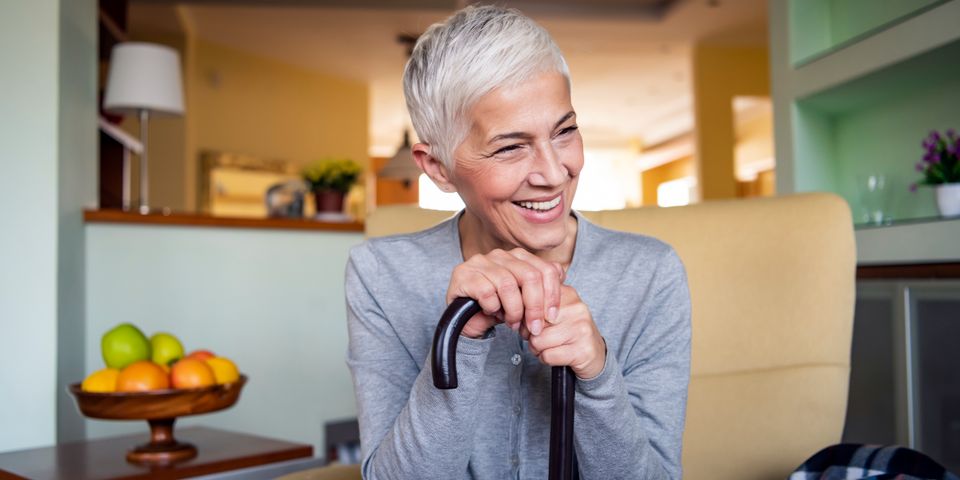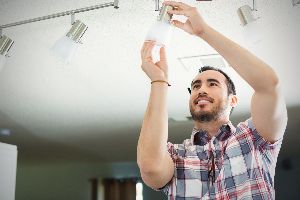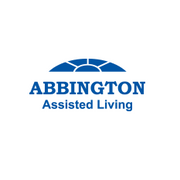A Brief Guide to Fall Prevention for Seniors

Every year, about one in every four people over age 65 report falling—that's a staggering 28% of the adult population. Falls can result in a range of injuries, from minor scrapes and bruises to broken bones, head injuries, and death. If you have a senior loved one who still lives at home, a fall can have serious health implications and jeopardize their independent living capabilities. Here is what you need to know about fall causes and prevention.
Causes
A fall can be triggered by any one of a number of factors. Trips, slips, exhaustion, dizziness or lightheadedness, and effects of alcohol or medication are among the more common factors. These may or may not be connected to a certain medical condition. For instance, arthritis can stiffen limbs and make it much harder to get around; heart disease and diabetes can diminish feeling in the legs and feet; and Parkinson's and Alzheimer's disease can affect balance and spatial judgement. Any of these conditions greatly increase fall risk.
However, even if a senior doesn't have a health issue that impacts their movement, they are still vulnerable to falling. As the body ages, joints become stiffer, ligaments shorten, vision and hearing weaken, and reflexes naturally slow, making a fall a very real possibility.
Prevention

Fortunately, there are steps your senior loved one can take to reduce their risk of falling and maintain their independent living standards. First, make sure they stay physically active by engaging in a regular exercise regimen. They should consult their primary care provider for a personalized plan, but, in general, taking part in low-impact, mild to moderate cardiovascular exercise at least 30 minutes a day, five days a week, will help maintain strength, balance, and coordination. Walking, water aerobics, gentle yoga, or tai chi are all popular options.
If the senior in your life needs extra support getting around, encourage them to use a cane or walker as needed. They may be resistant at first, feeling as if the assistive device is too awkward or too much of a burden. Let them try out different options and find one that feels comfortable.
Taking steps to "fall-proof" a senior's home is also important in reducing the risk of falls. Install grab bars in the shower and alongside the toilet; remove area and throw rugs; make sure lighting, especially in hallways and staircases, is bright and consistent; and invest in nonslip slippers and socks. You'll be actively helping your loved one retain their independent living abilities and stay safe in the process.
Abbington Assisted Living is proud to provide senior care throughout Columbus, Pickerington, Powell, Chillicothe, and Coshocton, OH. Abbington senior living communities are one-story buildings that are designed with comfort and security in mind, offering comprehensive nursing care services in a compassionate, comfortable, and cost-effective manner. Please visit our website or call us directly at (614) 451-4575 in Columbus, (614) 577-0822 in Pickerington, (614) 789-9868 in Powell, (740) 773-4630 in Chillicothe, or (740) 623-4600 in Coshocton.
About the Business
(6 reviews)
Have a question? Ask the experts!
Send your question

